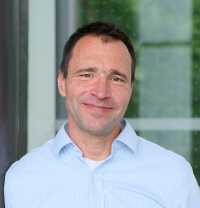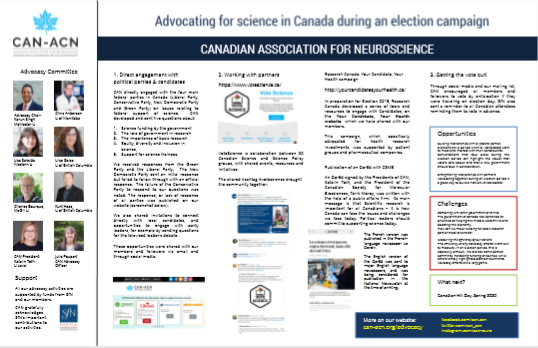Neurophysiological and structural imaging in PTSD and mild traumatic brain injury
Two postdoctoral research fellow positions at the Hospital for Sick Children (SickKids) are available with immediate start. The positions are initially available for a 1-year period with the possibility of extension.
This project examines functional (MEG, fMRI) and structural (MRI, DTI) brain circuits in posttraumatic stress disorder and mild traumatic brain injury (concussion) in adults. Currently, there are no known imaging markers for psychiatric disease or ‘mild’ brain injuries. This project aims to define signatures for use in a machine learning framework to classify individual cases and identify future targets for neurostimulation in treatment-resistant cases of PTSD and those with lingering symptoms of a concussion.
This is part of an ongoing project that is funded by the Canadian Department of National Defence and Innovation for Defence, Excellence and Security (IDEaS) Program.
A substantial amount of data already exists for this project and the motivated researcher will be able to jump straight into analysis.
Your profile
We are seeking two enthusiastic postdoc researchers to work in close collaboration with engineers and research associates in analysing pre-existing and new MEG, MRI & DTI data. Ideally, one researcher will focus on MRI and DTI data, and the other one MEG data, the latter collected during resting state and a task of memory function. Given the initial short-time frame of this position, imaging experience is necessary.
As a postdoc in this position you will be expected to:
- hold a PhD in a relevant area (cognitive neuroscience, neuroimaging, engineering, computer sciences);
- have experience with EEG/MEG and/or MRI/DTI analyses;
- have a knowledge of neuropsychiatric disease that would be advantageous;
- hold a track record in research commensurate with your level of experience post-PhD;
- have experience with computer programming (Matlab, Python, or R) and/or signal processing/time series analyses;
- have excellent communication skills (oral and written);
- be able to work independently and meet deadlines.
Your work environment
The principal investigator on this project is Dr. Ben Dunkley.
The candidate will be based in the Neurosciences & Mental Health Program, the Hospital for Sick Children Research Institute. You will work closely with affiliated staff and students who form a group that use neuroimaging to study a variety of brain disorders.
We offer
Salary Scale: $CAD 55,000 to 65,000 gross annual (depending on qualifications and experience).
In addition, we offer an attractive benefits package, that includes partial coverage for dental, drug and medical.
The temporary employment will be for a period of 1 year initially, with a possibility of extension.
Toronto is a world-class rated in the top ten cities worldwide for livability that has a large and rich neuroscience community.
The institute offers many opportunities for career development and additional training as part of the Research Training Centre.
Additional information
The post is available from 1st January 2020.
Contact Dr. Ben Dunkley via ben.dunkley@sickkids.ca for more information.
If you wish to apply directly, please send a CV, a cover letter with research statement/interests, and the names of two references.








 Poster-CAN-Advocacy-sfn19
Poster-CAN-Advocacy-sfn19